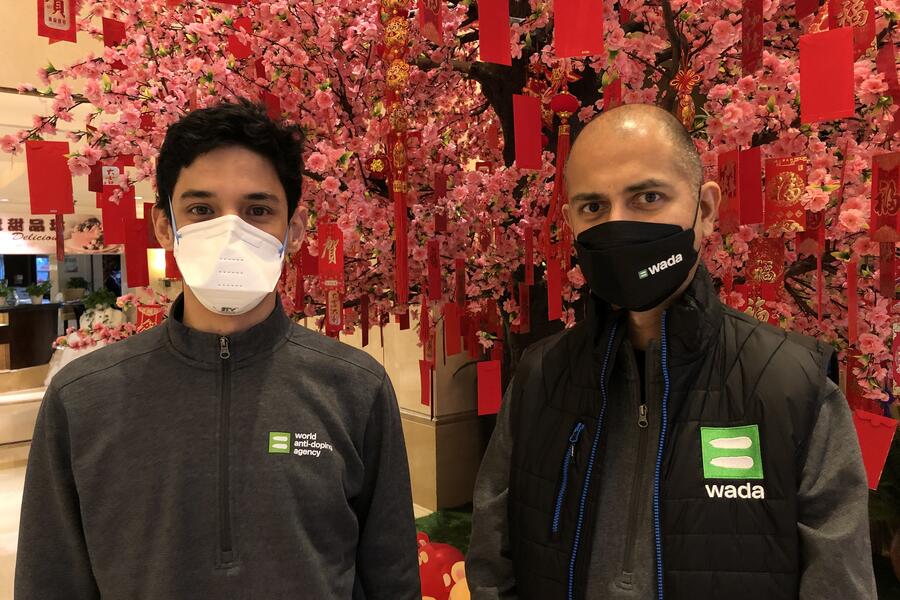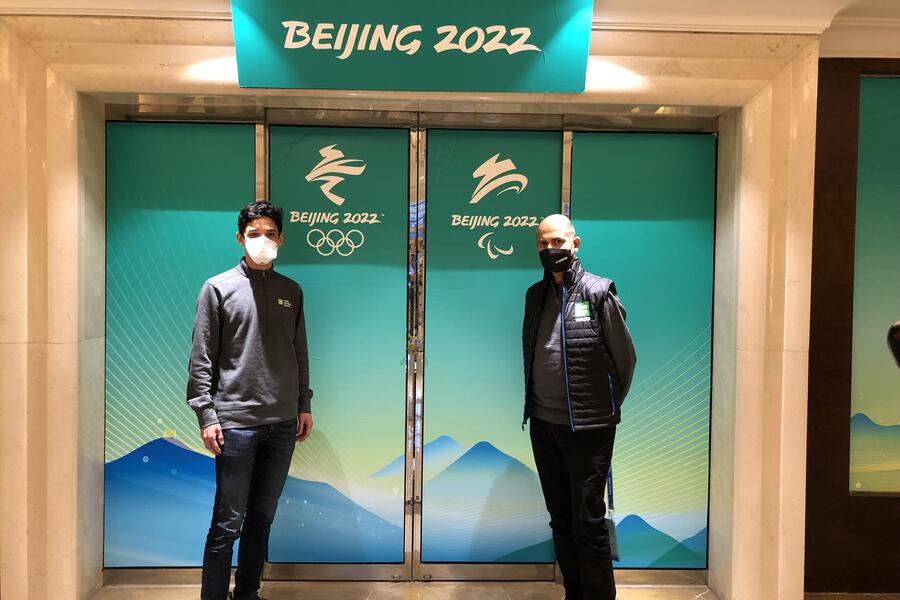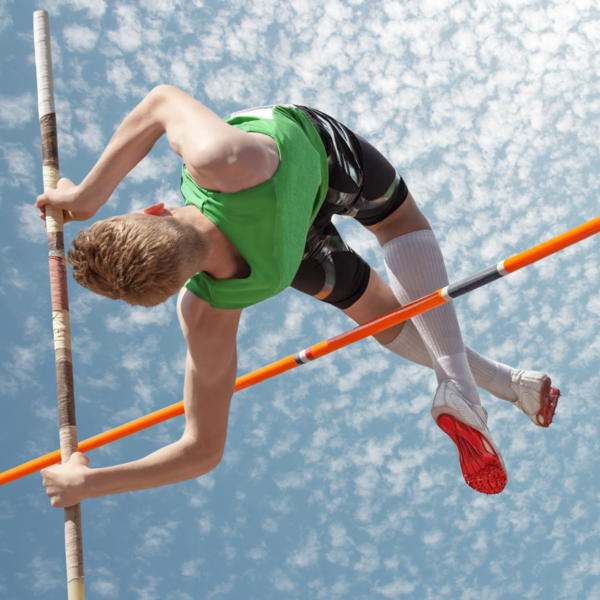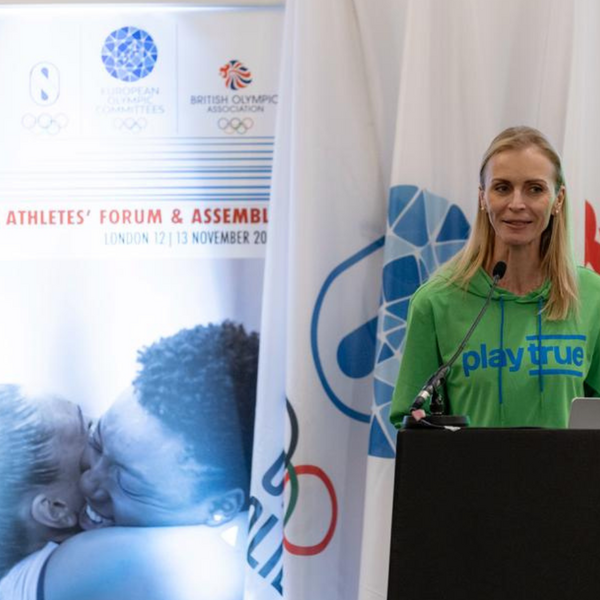Releases
WADA's Independent Observers: Building athlete confidence in anti-doping at the Olympic Games
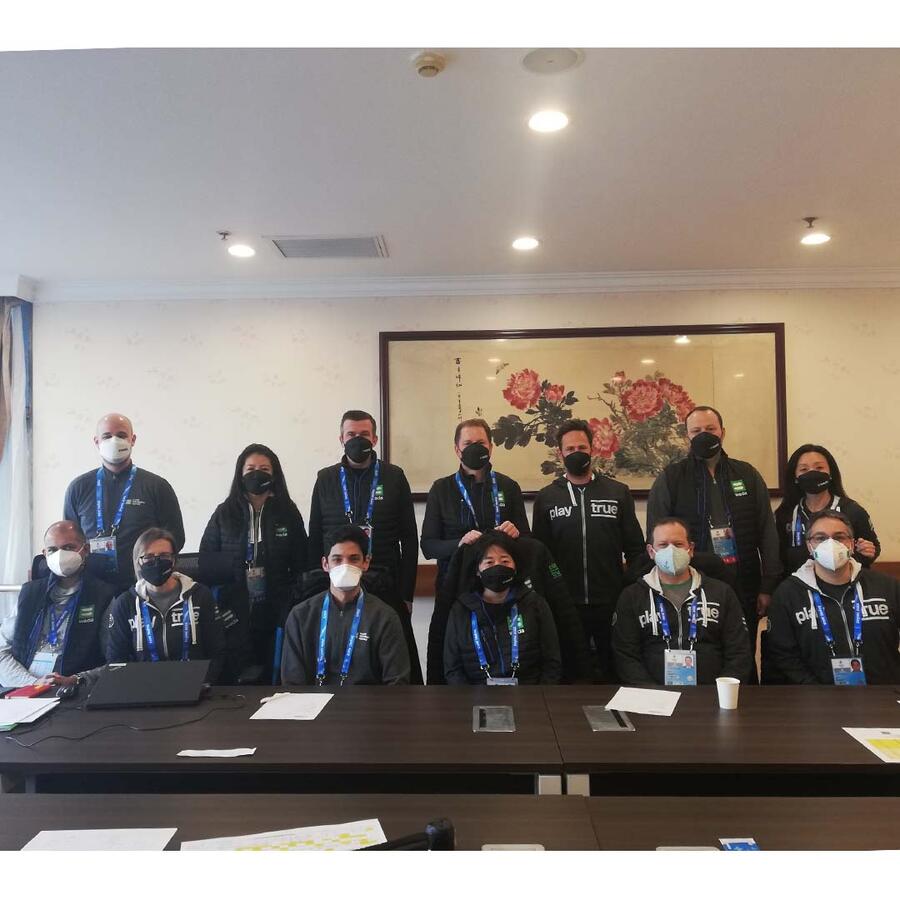
When most fans watch the 2022 Winter Olympic Games in Beijing, either in person at the venues or as part of a global television audience, what do they see? Fearless ski jumpers soaring through the sky – yes. Curlers skillfully throwing hunks of Scottish granite down a sheet of ice – definitely. Medal-winners standing proudly on a podium as an anthem plays – absolutely. What they might not see is the behind-the-scenes work of the World Anti-Doping Agency's (WADA's) Independent Observer (IO) team that is helping to ensure the delivery of a robust anti-doping program. Low profile it may be, but that work is helping to level the global playing field for all Olympic athletes so they can concentrate on thrilling the world with their athleticism, prowess and determination.
As WADA has done for a number of Major Events since 2000, the Agency has sent an IO team to Beijing to monitor the Olympic Games’ anti-doping program and will do so also at the Paralympic Games in the same city next month. The aim of the Olympic IO Program is to reinforce confidence in athletes and the public as to the quality, effectiveness, and reliability of the anti-doping programs as implemented by the International Testing Agency (ITA) on behalf of the International Olympic Committee (IOC).
Chair of the eight-person IO team on this occasion is Briton, Hitesh Patel, who is leading a multidisciplinary group filled with experts from every aspect of the anti-doping process.
He said: “I think one of the key strengths of our team is our diversity. We are quite a mixed group in terms of expertise, gender, background, cultures and skill sets. At a global event like the Olympic Games, that is so important. To fulfil our mission successfully, it is good for athletes to know that we have a wide range of perspectives and specialized expertise. I hope it helps them have more confidence in the process to see that there is international oversight. It shows that those who are operating the anti-doping program for the Games are being held accountable and can benefit from our team's collective expertise.”
The team certainly needs a broad range of expertise given it must observe and provide feedback on all aspects of doping control. This includes the implementation of general anti-doping policies and procedures; test distribution planning; implementation of out-of-competition and in-competition testing programs; athlete selection and notification; Therapeutic Use Exemption procedures; the sample collection process; the transport of samples and their chain of custody; and, results management, including any hearings held during the IO teams’ presence. The Olympic IO team is also observing the operations of the WADA-accredited laboratory in Beijing.
Patel added: “If we see something that is not quite right, we can ensure changes are made in real time to improve things. To do that, we collaborate closely with the International Testing Agency and the International Olympic Committee. We have a very good working relationship with our counterparts there, and are working collaboratively with colleagues at the Beijing 2022 Organizing Committee. We have also engaged positively with the Anti-Doping Division of the Court of Arbitration for Sport, which also has an important role to play here. Ultimately, we all want the same thing – a strong, effective anti-doping program that provides a level playing field for athletes.”
Among the experts in the team is Dr. Yuhan Tan, someone who knows better than most what it is like to be on the athletes' side of anti-doping. As well as being a medical doctor in his final year's residency in orthopedic surgery, 34-year-old Tan represented Belgium in badminton at two Olympic Games, in London 2012 and Rio 2016. He now sits on WADA's Athlete Committee.
Tan said: “As an athlete, my attitude towards anti-doping evolved through my career. At first, I thought it was an inconvenience and a burden. The last thing I wanted to do after a match was wait around and give a sample. But over time, I came to realize how important the process was and, in the end, I was happy to do it. It gave me confidence because I knew if I was being tested, so were my rivals and that was helping to keep the competition fair for everyone. Part of my role here in Beijing is to help athletes understand that and show them why anti-doping is a good thing for them.
“As an athlete representative, I am grateful to be here and to have this opportunity to be a part of a team that plays an essential role within the anti-doping program. We are here to maintain the integrity and credibility of sport and to protect the safety of athletes. It is important to have that athlete perspective. I have experienced anti-doping from the other side. I know what they are going through. Emotions are very high. In most cases, this is the pinnacle of their careers, so if they do well or if they do not, the feelings they have will be more intense than for other tournaments. Their entire careers have been building towards this.
"I am speaking to a lot of athletes and hearing their perspectives. I am learning from them and I want to bring their views to the table, both in the Independent Observer team and the WADA Athlete Committee. We may sometimes think we know how athletes feel about a particular subject but one only really knows by listening and seeking to understand their points of view.”
The IO teams collaborate closely with the IOC, the ITA, the IPC and the Beijing 2022 Organizing Committee, providing general support prior to the Games, real-time feedback during the Games, and a comprehensive report afterwards. This approach is designed to optimize the efficiency and effectiveness of the programs in compliance with the World Anti-Doping Code and International Standards.
Patel said: “As with all aspects of life these days, the complications around COVID-19 have been an extra challenge but it is great to see that innovation has not been stifled. I am really looking forward to seeing how dried blood spot analysis works. It is an exciting development and it shows how versatile the global anti-doping community is, constantly striving for improvement, ready to adapt and meet challenges head on and raise the game. The Olympics is a truly global event with a massive audience around the world. I am proud of the fact that the Independent Observer team is playing its part in protecting the integrity of the Games so that the athletes can inspire us all with their brilliance, skill and sense of fair play.”
